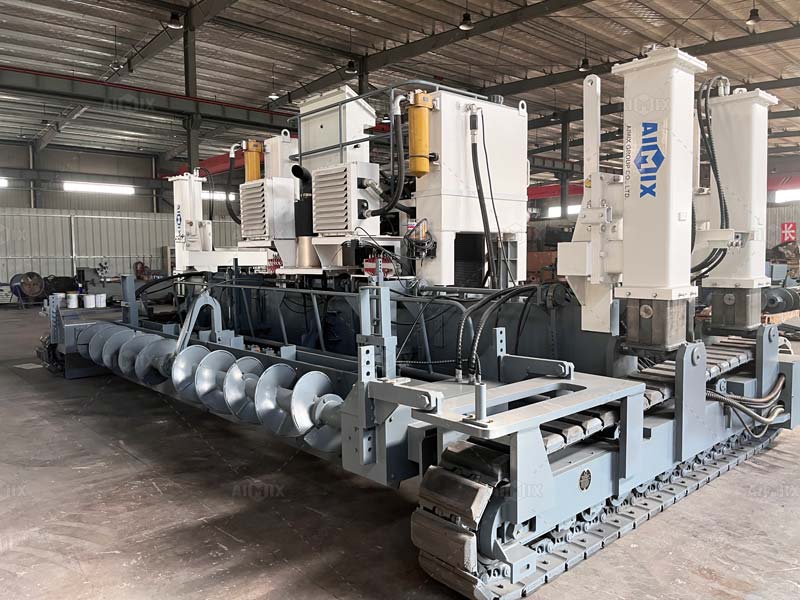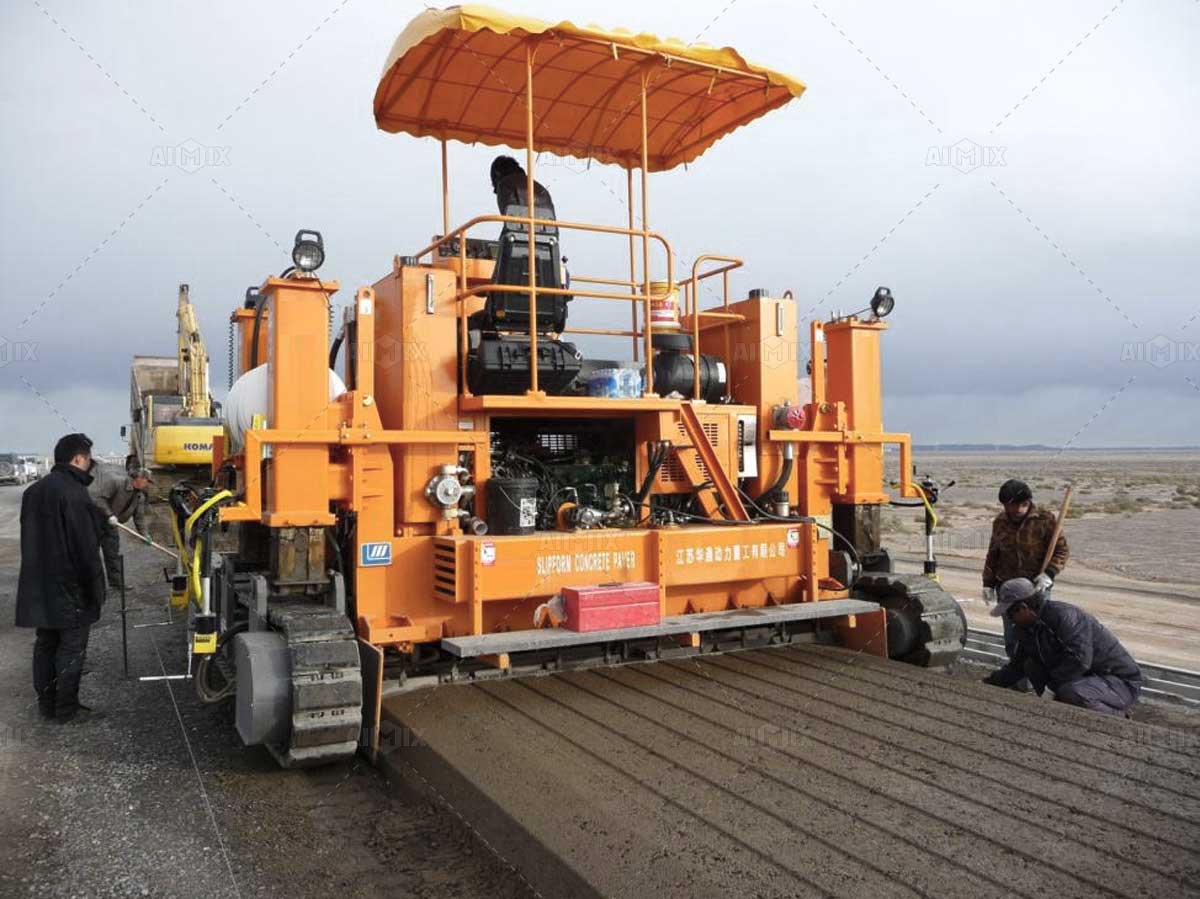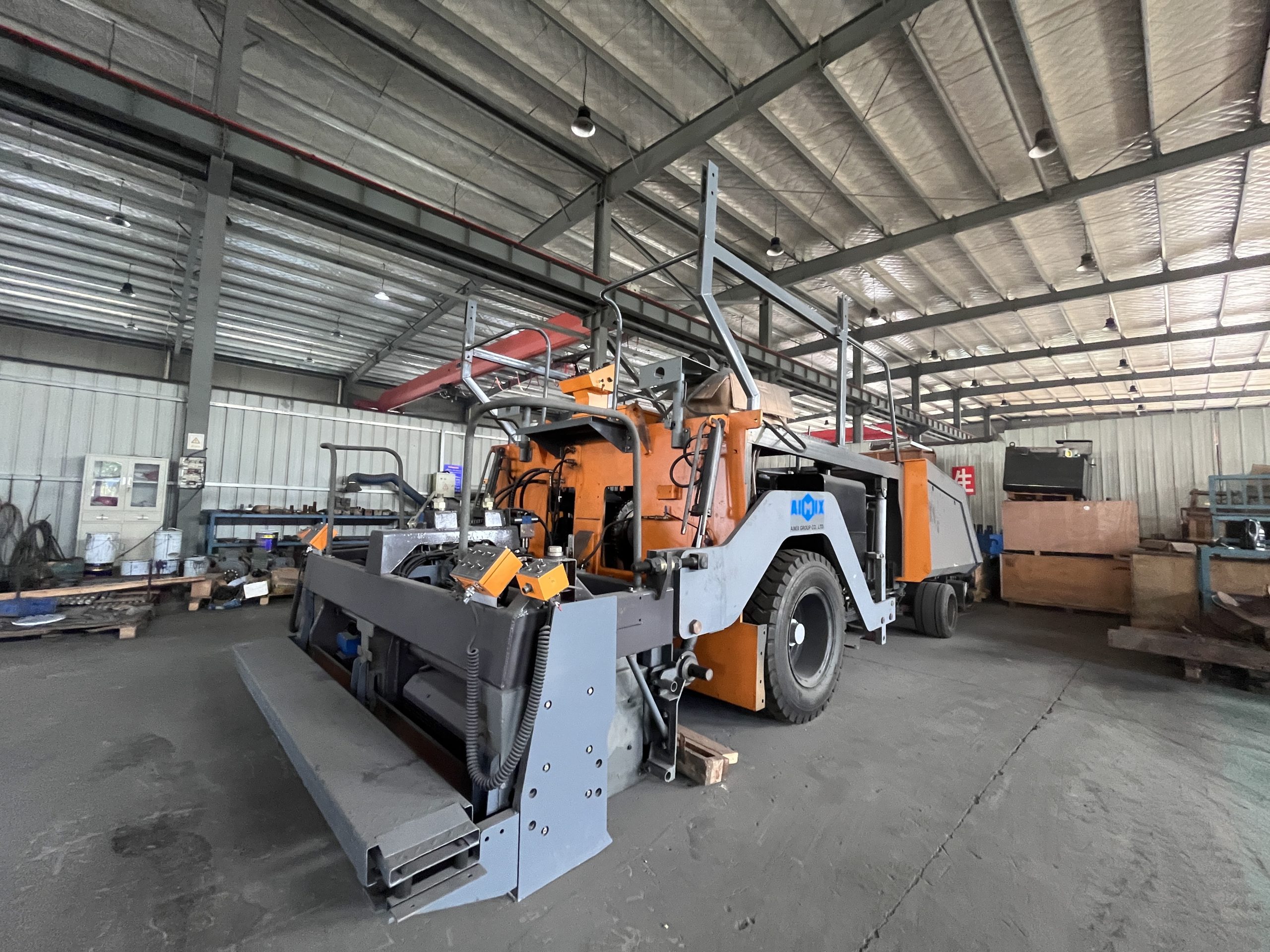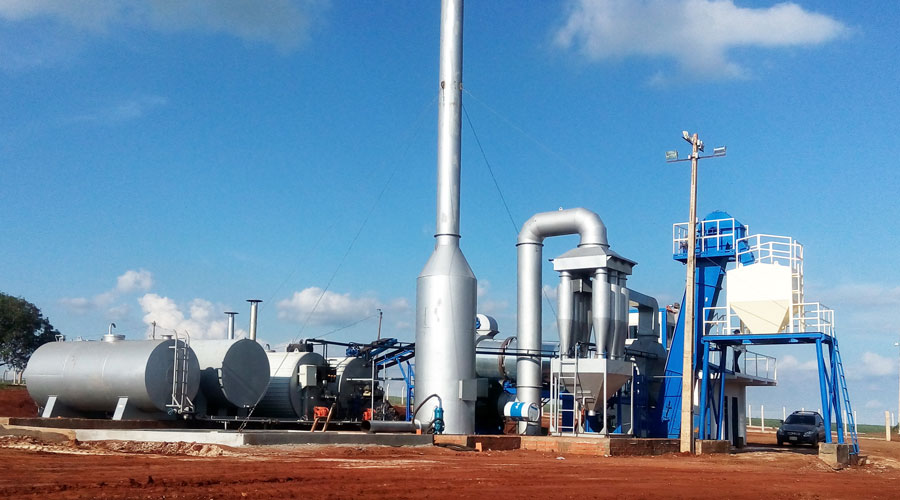Paving plays a crucial role in creating durable and attractive surfaces for roads, driveways, walkways, and other construction projects. Two popular paving options are concrete pavers and asphalt pavers, which are commonly used in various applications. Additionally, the construction and maintenance of these surfaces often involve the use of asphalt stations. In this article, we will explore the features, benefits, and considerations associated with each of these elements.

Concrete Pavers
Concrete pavers are precast blocks made from cement, aggregate, and water. They offer a versatile solution for paving due to their durability and aesthetic appeal. Concrete pavers come in various shapes, sizes, and colors, allowing for endless design possibilities. Their interlocking nature ensures stability and strength while enabling easy repair or replacement of individual units if necessary. Concrete pavers are ideal for applications such as patios, walkways, driveways, and even heavy-duty areas like parking lots. Their long lifespan, resistance to extreme weather conditions, and low-maintenance requirements make them a popular choice for both residential and commercial projects.
Benefits of Concrete Pavers
- Versatility in design and color options
- Durability and strength
- Easy maintenance and repair
- Resistance to weather elements and heavy loads
- Enhanced curb appeal
- Environmentally friendly option due to permeable alternatives

Asphalt Pavers
Asphalt pavers utilize asphalt, a mixture of aggregates and bitumen, to create smooth and flexible surfaces. This type of paving is commonly found on roads, highways, and airports due to its ability to withstand heavy traffic and its excellent longevity. Asphalt surfaces offer a cost-effective solution, as they require less time and effort during installation compared to concrete pavers. Asphalt paving machine with characteristics of high flexibility allows for expansion and contraction under changing temperatures, reducing the risk of cracks. Additionally, asphalt paving projects can typically be completed quickly, minimizing disruption and downtime.

Benefits of Asphalt Pavers
- Cost-effective and efficient installation
- Superior resistance to heavy traffic and extreme weather conditions
- Flexible and adaptable to temperature changes
- Quick construction and minimal disruption
- Easy maintenance and repair through resurfacing and patching
Asphalt Mixing Plants
Asphalt stations, also known as asphalt plants, are facilities where hot mix asphalt (HMA) is produced. These stations play a vital role in supplying the necessary materials for asphalt pavement applications. They consist of various components, including aggregate storage bins, a drying drum, mixing units, and storage silos. The production process involves heating aggregates to remove moisture, mixing them with bitumen to create HMA, and then storing it until it is transported to the construction site. Asphalt stations are strategically located near construction projects to ensure a steady supply of high-quality asphalt mixes. Asphalt batch plants are the best type for asphalt production, it will help you produce high-quality asphalt mixture, and suitable for long-term project.

Importance of Asphalt Plants
- Manufacturing high-quality asphalt mixes
- Ensuring a continuous supply of materials
- Meeting specific project requirements and specifications
- Adhering to environmental regulations and sustainability practices
Paving is a critical component of infrastructure development, and understanding the options available is essential for successful construction projects. Concrete pavers offer versatility, durability, and aesthetic appeal, making them suitable for a wide range of applications. On the other hand, asphalt pavers provide cost-effectiveness, flexibility, and excellent resistance to heavy traffic. Asphalt drum mix plants play a crucial role in supplying the necessary materials for asphalt pavements, ensuring the quality and availability of asphalt mixes. By considering the unique features and benefits of concrete pavers, asphalt pavers, and the importance of asphalt stations, construction professionals can make informed decisions to achieve the desired paving results.
